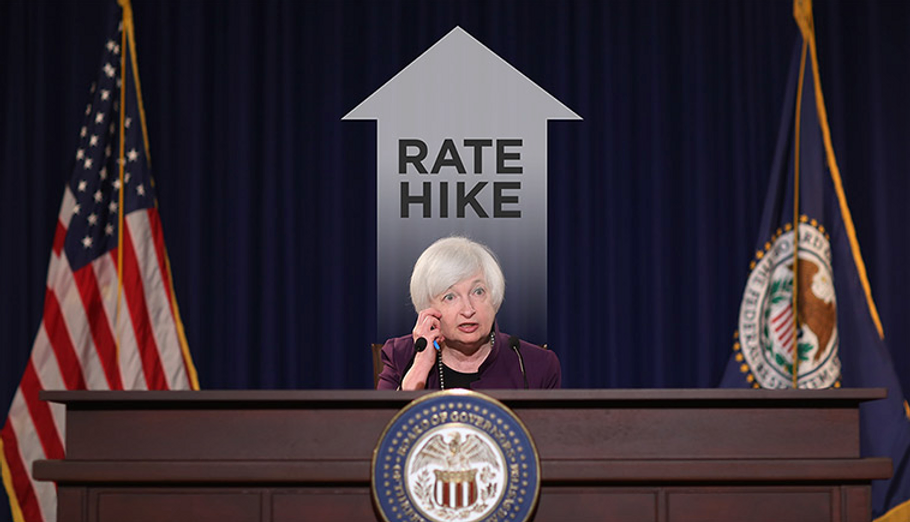
The Federal Reserve raised rates another quarter percentage point on Wednesday, June 14th. Without fail, many news outlets and media have started the conversation around monetary policy (The Federal Reserve) getting tight and the possibility of higher rates leading to an impending recession. While anything is certainly possible, the data does not seem to indicate this as a likely scenario, at least not likely based on interest rates just yet. While other items could always create temporary economic set backs, the interest rates and monetary policy continue to be very accommodative for economic growth.
The Federal Reserve is ultimately getting “less loose” and not “tight” by any historical measure. We believe this is a good decision and feel it is wise for the FED to continue raising rates at a slow and measured pace. Having higher rates by the FED will allow a tool for them should we see a recession happen. Having more normal rates will allow them to reduce rates and create a boost for the economy should things become rocky. Getting back to a more normal rate level for the FED while things are good is a healthy move for long term economic stability.
If you remember from our article last month, the banking system is full of excess reserves from the Fed. Meaning they are flush with cash to cover all deposits on hold and well above required levels. They have ample cash to distribute for loans to keep the economy moving while still maintaining healthy balance sheets and lower debt. Until the banks eliminates those excess reserves or the FED lifts the rates it pays banks on those reserves above the rates on loans, policy will remain loose. Banks have an incentive to lend at some point and make money via interest on loans. The FED raising rates via open market activities such as bond sales will likely improve the ability of banks to charge a little more interest dependent on loan type. The move is small enough it should not stop our robust real estate market which is still recovering from 2008 while allowing banks to make a fair profit for the risk they take.
Could the economy accelerate with rising rates? It is possible we see economic activity actually accelerate as rates move up slowly. We are keeping a close eye on housing starts to validate consumer demand is not being changed by slightly higher rates. Since the last rate hike we have actually seen increases in consumer demand. This makes sense to a point. How do consumers act when the clearance sale has 1 day left? More people run to the store in the final days than early on. Similarly, when rates start to inch up, consumers and businesses tend to notice and rush to lock in mortgages, loans and other finance activities. This last rush of activity often boosts the economy to record levels. Of course, it generally pushes investments up and above a fair value and paves the way for larger declines when the activity ends. It is difficult to predict the end of such cycles and so we continue to remain balanced and aim to capture gains according to risk level during the appreciation. This is historically your best defense and most proven long-term investment method.
Evergreen Wealth Management, LLC is a registered investment adviser. Information presented is for educational purposes only and does not intend to make an offer or solicitation for the sale or purchase of any specific securities, investments, or investment strategies. Investments involve risk and unless otherwise stated, are not guaranteed. Be sure to first consult with a qualified financial adviser and/or tax professional before implementing any strategy discussed herein. Past performance is not indicative of future performance.
